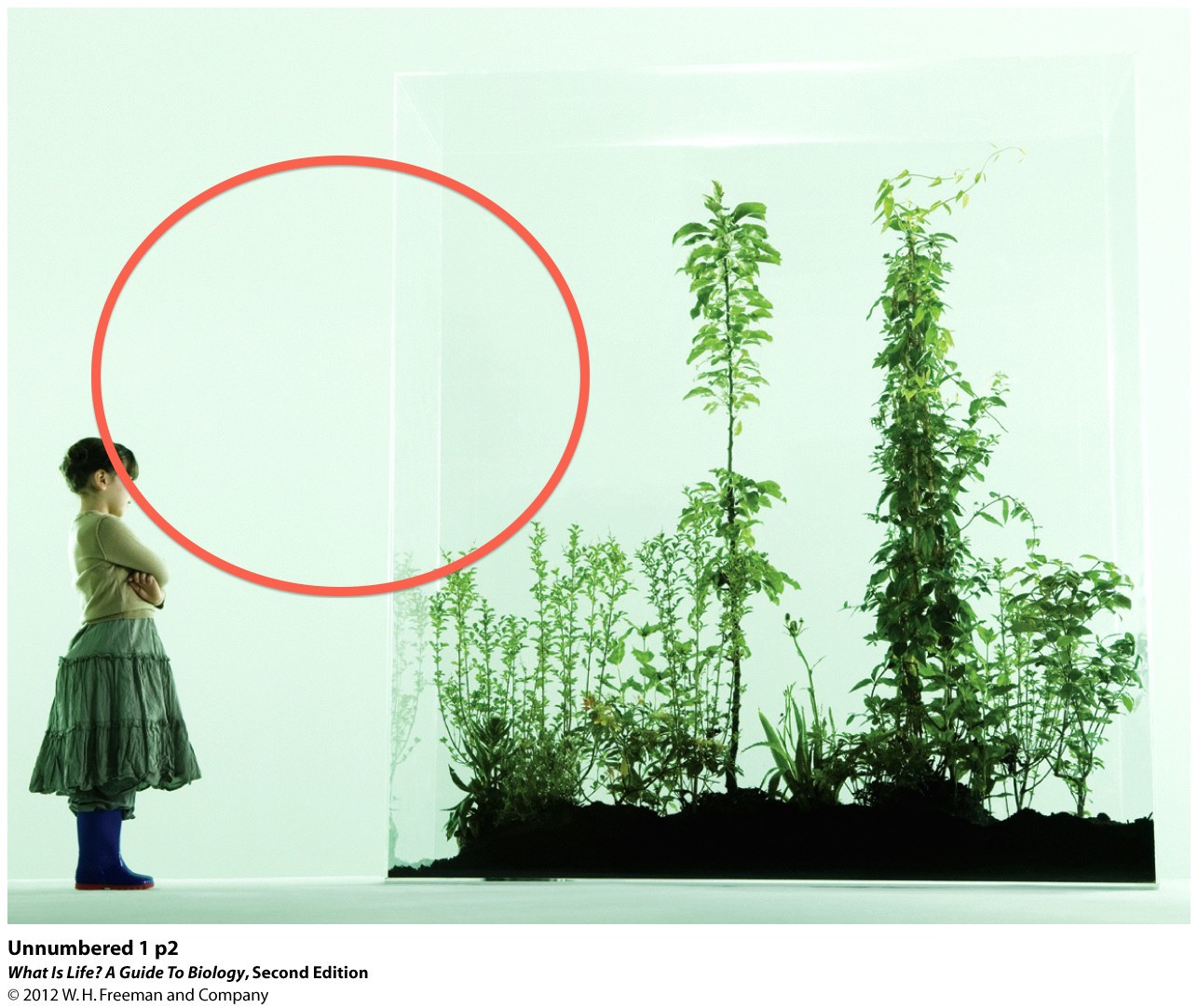Chapter 1. Test Chapter
1.1 What is Science? What is Biology?

You are already a scientist. You may not have realized this yet, but it’s true. Because humans are curious, you have no doubt asked yourself or others questions about how the world works and wondered how you might find the answers. bcs.worthpublishers.com/webpub/psychology/hockenbury7e/redirects/personality_test_16pf.html
- Does the radiation released by cell phones cause brain tumors?
- Do large doses of vitamin C reduce the likelihood of getting a cold?These are important and serious questions. But you’ve probably also pondered some less weighty issues, too.
- Why is morning breath so stinky? And can you do anything to prevent it?
- Why is it easier to remember gossip than physics equations?And if you really put your mind to the task, you will start to find questions all around you whose answers you might like to know (and some whose answers you’ll learn as you read this book).
- Which parent determines a baby’s sex? Why?
- Why do so few women get into barroom brawls?
- What is “blood doping,” and does it really improve athletic performance?
• Why is it so much easier for an infant to learn a complex language than it is for a college student to learn biology?

Still not convinced you’re a scientist? Here’s something important to know: science doesn’t require advanced degrees or secret knowledge dispensed over years of technical training. It does, however, require an important feature of our species: a big brain, as well as curiosity and a desire to learn. But curiosity, casual observations, and desire can take you only so far. Many pressing issues require some understanding of science, what it can and can’t do, and what it can and can’t explain. Consider, for example, nutritional claims on foods and dietary supplements, human behavior, health and disease, the interactions of plants, animals, and their environments, global climate change, the continuity and diversity of life in all its forms. By learning more about science, you can understand your life and the world around you.
Explaining how something works or why something happens requires methodical, objective, and rational observations and analysis that are not clouded with emotions or preconceptions. Science is not simply a body of knowledge or a list of facts to be remembered. It is an intellectual activity, encompassing observation, description, experimentation, and explanation of natural phenomena. Put another way, science is a pathway by which we can come to discover and better understand our world.